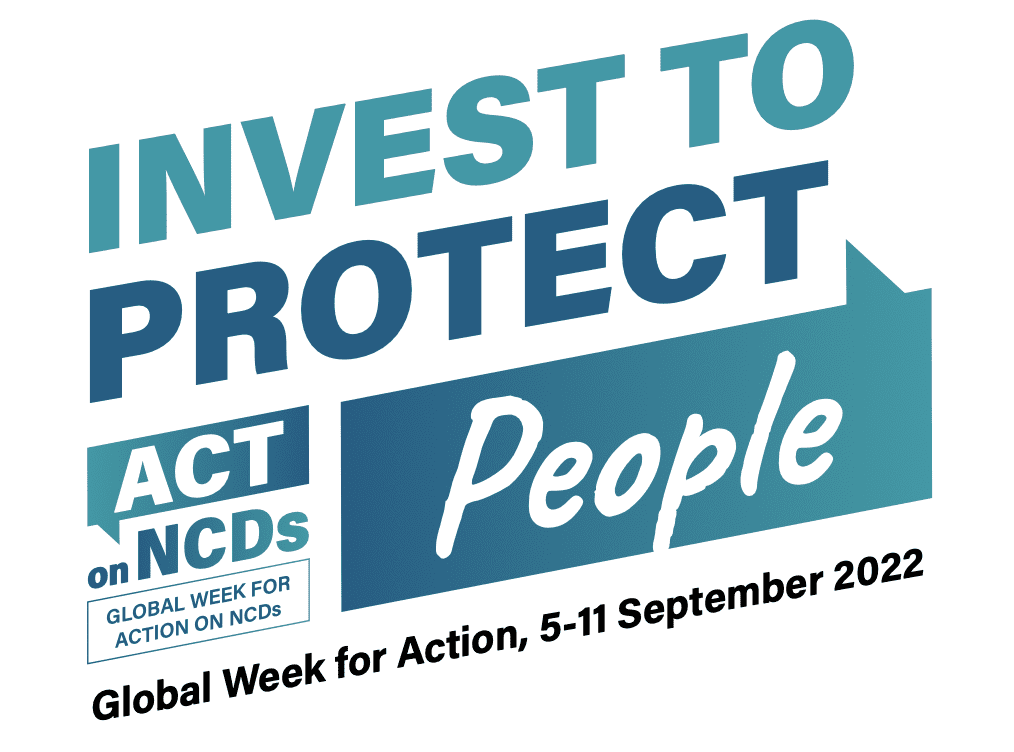Alcohol Issues Newsletter September 05 – September 09, 2022
This week’s Alcohol Issues highlights
- Proposed Alcohol Guidelines in Canada Reduce Low-Risk Amount to Maximum 2 Alcoholic Drinks per Week.
- Why Quitting and Reducing Alcohol Use Are Important For Cancer Prevention.
- How Industry-Funded Alcohol Conferences Frame the Issues.
This week’s most popular stories
- Worsening of Alcohol Policy During Pandemic Fuels Alcohol Harm in United States.
- The Devastating Impact of Alcohol in New Mexico, United States.
- Alcohol and Road Crashes: New WHO Manual Helps Policymakers Prevent DUI.
Most Popular on the News Center
Special Feature – No. 30
Investing in NCDS Prevention and Control through Alcohol Taxation
Special feature for the Global Week for Action on NCDs: Invest to protect
The Global Week for Action on NCDs is taking place this year from 5 to 11 September. The theme of this year is “Invest to Protect”.
This week’s Special Alcohol Issues Feature is part of the Global Week for Action on NCDs. Therefore this week’s Special Feature provides a state of the art overview of the potential of alcohol taxation to boost investment in NCDs prevention and control.
This Special Feature covers five major topics
- Harnessing the full potential of alcohol taxation.
- Understanding the economic costs of alcohol harm.
- Understanding the social costs of alcohol harm.
- The vast and untapped potential of alcohol taxation for investment in health and development.
- Case studies about the positive impact of alcohol taxation for investment in health and development.
And we have a special Alcohol Issues Podcast episode: S1 E15: Understanding Alcohol Taxation: Design, Potential and Window of Opportunity.
According to the NCD Alliance for an investment of $1.27 per person per year, low- and middle-income countries could save 8.2 million lives, prevent several NCDs, and generate $350 billion by 2030.
Alcohol taxation is one effective policy tool that governments can use to generate revenue that can be invested in NCD prevention. Additionally, since alcohol use is one major risk factor for NCDs alcohol taxation prevents NCDs by reducing alcohol use.
As Movendi International has consistently reported implementing alcohol taxation measures reaps a triple positive effect:
1. Domestic resource mobilization
Alcohol taxation generates government revenue for financing development and health promotion such as NCD prevention.
2. Reducing the health and development burden
Alcohol taxation reduces population level alcohol use and thus reduced the overall public health, social and economic harm caused by the products and practices of the alcohol industry.
3. Prevention of alcohol initiation and health promotion
Alcohol taxation helps maintain high-levels of alcohol abstention rates in low- and middle income countries.
1. Harnessing the full potential of alcohol taxation
2. Understanding the economic costs of alcohol harm
3. Understanding the social costs of alcohol harm
4. The vast and untapped potential of alcohol taxation for investment in health and development
Taxing alcohol, tobacco, and sugar-sweetened beverages is an effective but underutilized policy for promoting health and preventing disease. They could also assist in raising more funds for the government to support investments and programs that benefit the entire population and improve equity. Alcohol taxation is a win-win-win measure for public health and the economy specifically in recovering from the COVID-19 pandemic.
5. Case studies about the positive impact of alcohol taxation for investment in health and development
More and more governments and organizations are waking up to the potential of alcohol taxation for investment in health and development.
The latest Financing for Sustainable Development report by the UN Inter-Agency Task Force highlights the importance of alcohol taxation.
The Alcohol Issues Podcast
S1 E15: Understanding Alcohol Taxation: Design, Potential and Window of Opportunity
In this episode host Maik Dünnbier talks with Dr. Evan Blecher of the World Health Organization focusing on pro-health taxes and specifically the design, potential, and window of opportunity for better alcohol taxation.
Evan and host Maik go deep into the weeds of health taxes, focusing more specifically on alcohol excises taxes. They discuss different terms for health taxes and what they reveal about the purpose and potential of health taxes.


